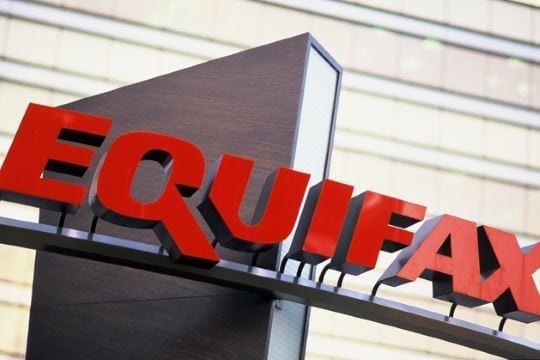On Thursday, the Consumer Financial Protection Bureau (or CFPB, for short) released a report detailing numerous problems which it had uncovered and corrected within the credit reporting industry.
Since the beginning of the year, the CFPB has been taking on credit reporting agencies such as TransUnion and Equifax. The Bureau found numerous instances wherein credit score-tracking and reporting companies either deceived or miscalculated individual information. The CFPB also started chipping away at unfair credit dispute systems.
“Since we began our oversight work, the CFPB has been uncovering and correcting problems in the consumer reporting industry,” said Bureau director Richard Cordray. “Because of our work, important improvements are being made. Much more work needs to be done but our corrective actions are leading to positive changes that are benefiting consumers all over the country.”
In a newsroom release on March 2nd, the CFPB outlined how credit reports can make or break family and individual prospects. The reports sold to banks by the three largest players in the industry – Equifax, Experian, and TransUnion – “are used in determining consumer eligibility for credit to the rates consumers for credit.”
From February 1st until March, the Bureau handled nearly 200,000 reports of credit reporting agencies like TransUnion and Equifax refusing to correct mistakes. The factors which contribute to a consumer’s credit score can be furnished by banks, small businesses, and collections agencies.
Even though credit reporting companies are bound by federal law to amend inaccurate reports, they can sometimes be very slow to do so. The presence of misleading or flat-out fabricated derogatory marks and late payments on a report can close or limit important lines of credit for Americans trying to finance a car, purchase their first home, or just buy groceries after a hard week at work.

The CFPB ordered TransUnion and Equifax to pay $23 million damages and restitutions to customers across the nation in January. The Bureau found Equifax had violated numerous laws by coercing customers into “free trials” followed by recurring monthly bills and by advertising their products in exchange for access to complimentary credit reports. Both practices are outlawed by the Fair Credit Reporting Act, which states that agencies must provide a free, no-strings-attached report to individuals at least once every 12 months.
The repeat violations were described by Gillian B. White of The Atlantic as evidence that credit reports are a “scam.”
In a time when credit scores are wrong up by everyone from potential employers to property landlords, White has a strong case. Inaccurate and misleading scores can cost consumers job opportunities and apartments in safe locations. Small discrepancies which lower a score by 20 or 30 points can have a drastic effect on pinning a person as a low- or high-risk borrower.
The CFPB highlighted some of its recent work, claiming that it has amended accuracy reporting, helped fix broken dispute systems, and is overseeing the “cleaning up of information by furnishers” such as TransUnion and Equifax.
The CFPB has come under some political pressure as the Trump administration seeks to unravel some of its groundbreaking regulations and decrease its budget.
Sources
CFPB Investigation Shows Credit Reports Are a Scam
CFPB Oversight Uncovers And Corrects Credit Reporting Problems


Join the conversation!